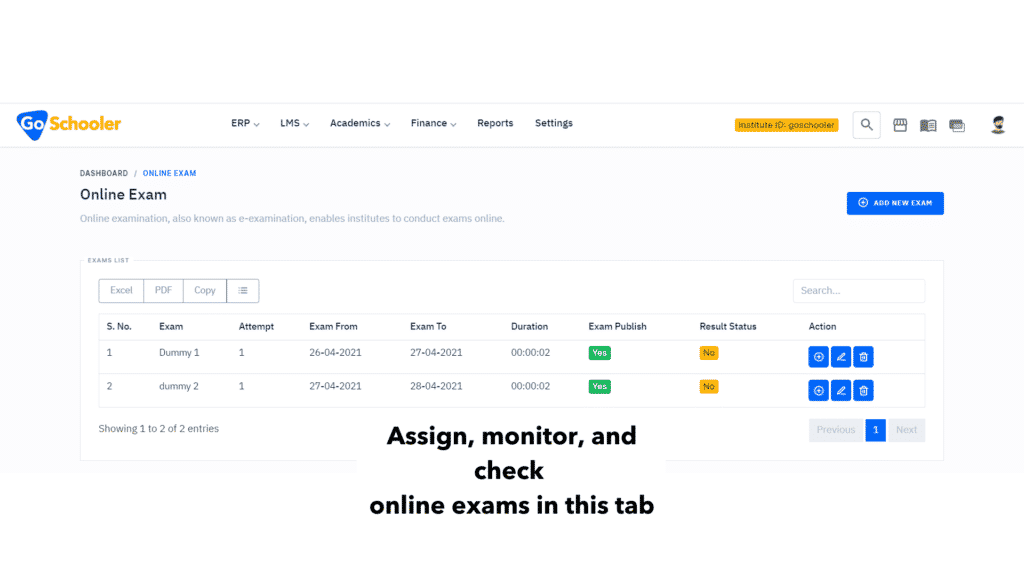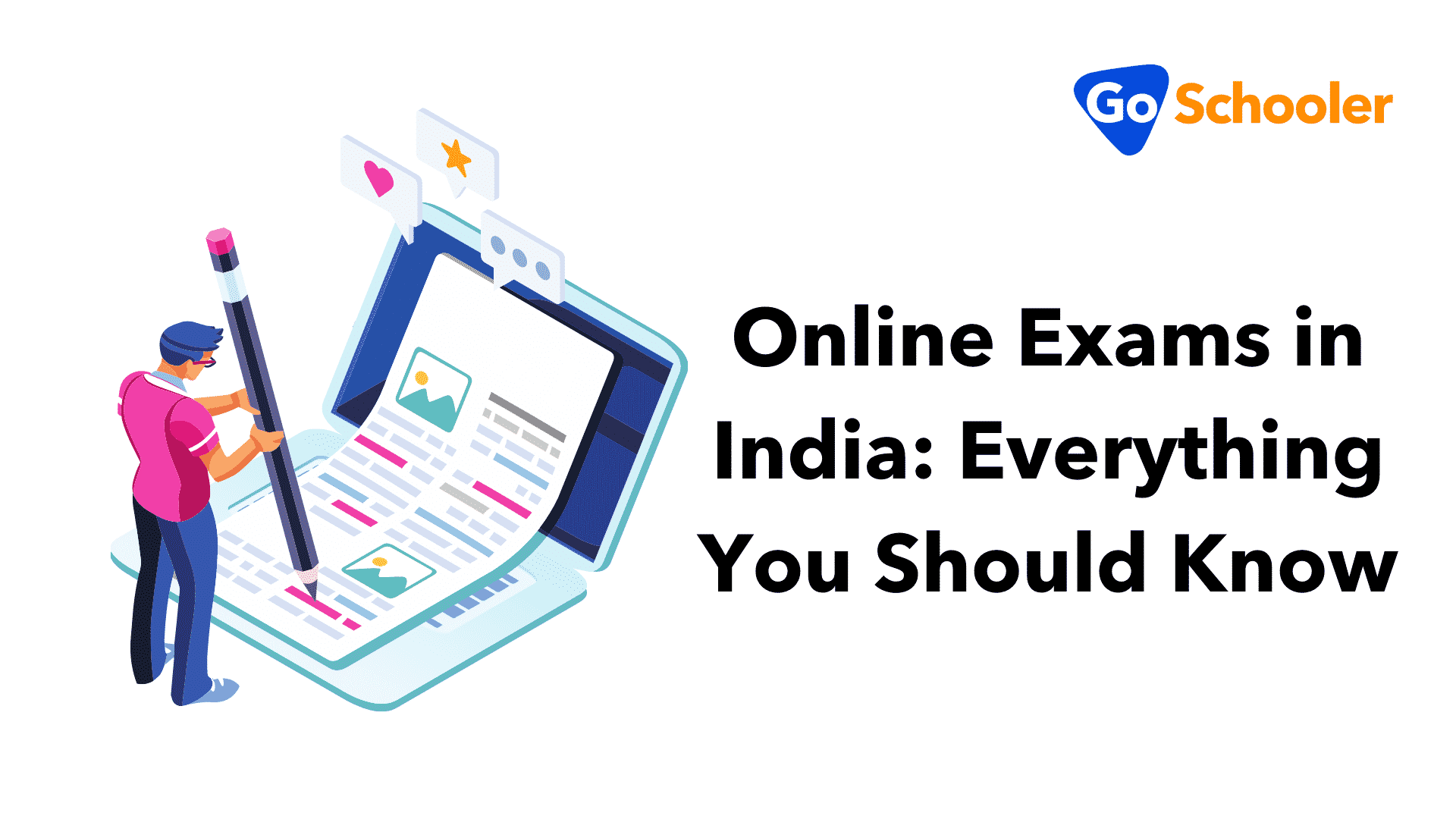India has one of the largest student populations that clocks in at about 250 million annually. Therefore, the Indian educational system is adopting new technology and processes to provide the best experience possible. One of these methods is to invest in various learning software to conduct online exams in India in a large-scale setting.
Let’s explore how one of the largest student populations pulls off online examinations.
Online Exams in India: Everything You Need to Know
Exam Registration
Admissions exams in India are going online. However, this migration poses another problem for most colleges and universities. Their databases don’t have the existing data of all the test-takers, making it difficult to keep track of their progress.
As a turnabout, online cloud-based school management platforms are developed to bridge this gap.
All examinees were tasked to upload all necessary documents online, which makes them readily available for the school’s examination software. On top of that, layers of security are needed before the start of the test proper.
Authentication of the taker’s identity through image and control number is needed.
Online Examination Platform
Like niche school management platforms that focus on school-parent communication, online examination platforms only perform for one purpose. What makes it different, however, is that this niche platform provides at a large scale.
This type of software uses several forms of advanced technology, piecing together a seamless application. First off, it is cloud-based to support several bulk data. Aside from that, it uses a touch of artificial intelligence when it comes to online proctoring.
AI Proctors
Proctoring is necessary for all types of exams, especially the major ones—admissions and assessment examinations. Overseeing hands-on exams is a league of its own, but proctoring online exams is a whole different level.
AI as stand-in proctors standardize the entire process. It sees and processes the activities of all the test takers at the same time. This feat is something that only automation and robots can achieve. It is a much too taxing responsibility to impose on regular people.
Site Restrictions
Aside from AI proctors, online exam platforms have stringent security to keep track of the takers’ web browser activity.
During the scheduled time for the tests, the platform will restrict entry to several possible cheating aids. It usually strikes out social media sites and popular reference sites.
Types of Remote Examinations
This system recognizes the differences in the test-takers access to the internet and capable gadgets. Thus, they introduced two types of remote examinations to accommodate this difference.
Internet-Based Exams
Internet-based exams are for those who have the resources. The takers need to have gadgets and a stable internet connection to access the examination. Students can complete this exam inside the comforts of their homes.
For institutes that offer internet-based exams, they use school management software to organize the whole ordeal. GoSchooler, in particular, has specific tabs that are dedicated to online exams.

GoSchooler‘s portal, as seen above, is only accessible when there is a stable internet connection, making it a stable host for internet-based tests.
Computer-Based Exams
To cater to applicants who don’t have access to the internet and proper device, computer-based exams are organized in specific areas across the country.
Institutions that hold large-scale examinations organize remote examinations where they provide the computer units. These units are enabled to access the exams with the added security configurations.
For these exams, the students or applicants need to travel to their designated test location.
What Exam Types are Supported?
Usually, the type of exam questions is limited when it comes to online exams. But with the availability of online exam platforms in India, it can support various types of questions.
Objective Questions
Objective questions such as multiple choice types and identification items are the most convenient type of questions for online exams.
Online exam platforms can support objective-type questions easily. Evaluation of the entire exam is also quick and easy.
Subjective Questions
On the other hand, test makers avoid including subjective questions in online exams because they are challenging to evaluate and score.
Luckily, the advancements in these online exam platforms support subjective questions, such as essays and tests that require short explanations. In addition, advanced platforms even support and evaluate answers in different languages.
Problem-Solving Questions
Math and logic questions require solutions to see the taker’s complete understanding of the concept.
More often than not, these questions are difficult to translate to online exams. But online exams in India accept scanned answers, especially for these subjects.
Online exam platforms accept and process scanned answers. These platforms can also evaluate the scanned answers to provide an extensive results list after scoring.
Conclusion
Bearing one of the largest student populations in the world, India is on top of the situation to provide convenient online examinations to all its takers.
From online registration to answering and evaluations, online exam platforms made large-scale examinations possible. Online exams in India also support different types of questions that are often avoided by administrators in other countries.
The presence of both internet-based and computer-based online exams is a simple yet smart innovation that makes the process attainable for such a large population.







